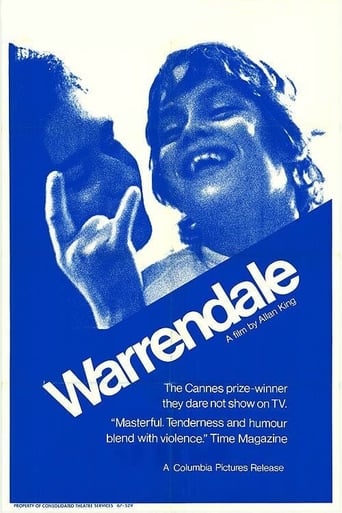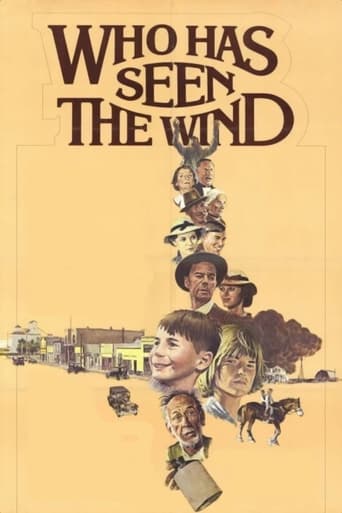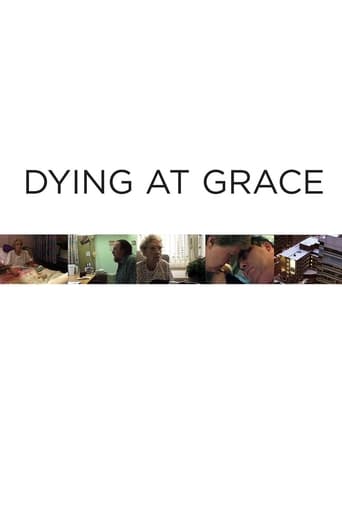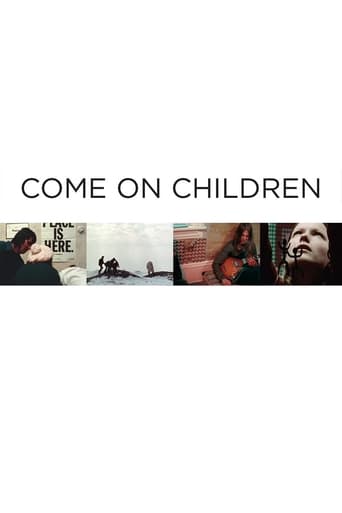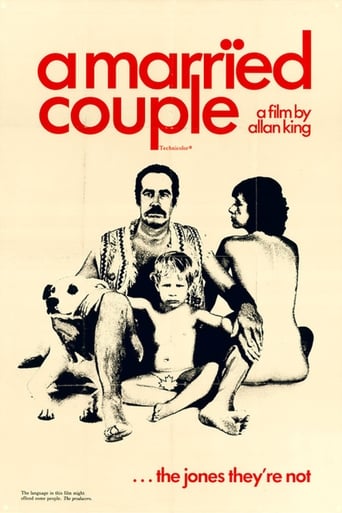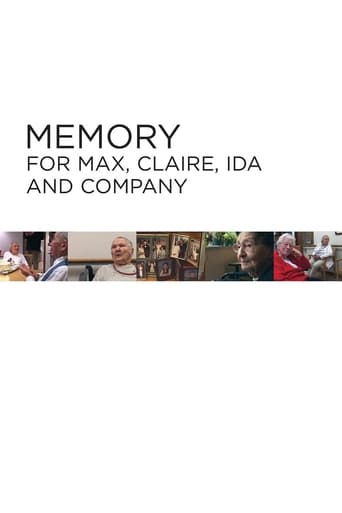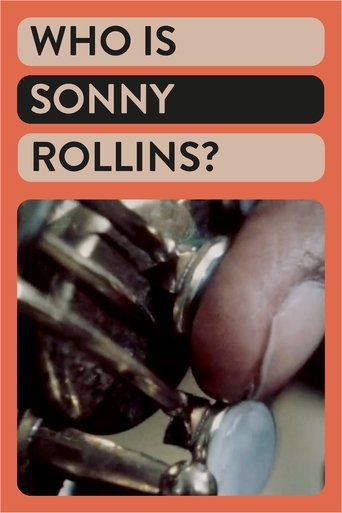Warrendale 1967
This ground-breaking cinéma-vérité classic documents five weeks in the lives of twelve residents of a home for emotionally disturbed children. It is the first in the form that King later described as actuality drama. All the action is spontaneous and undirected, with neither interviews nor narration. The theme is the outrage of life. The children asked the filmmakers, Why is it that whenever pictures of us are put in the papers, our faces are blacked out. What is so awful about us that we cant be seen? They wanted to be filmed so that they could be seen.
